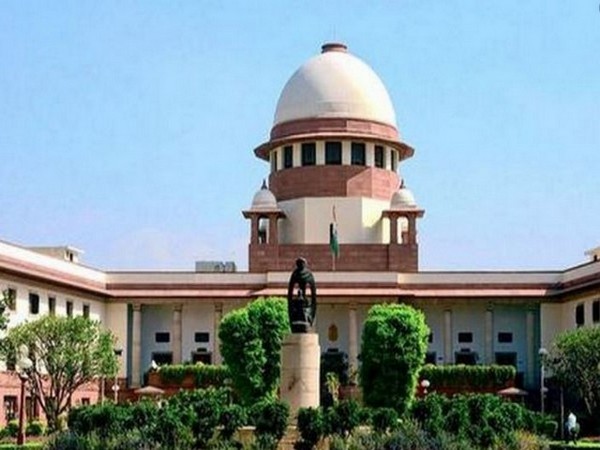


The Supreme Court in the case Yusuf @ Asif V. State observed and has set aside the High Court order that had sentenced the man to 10 years’ imprisonment for being found in possession of commercial quantities of heroin.
The Apex Court in the case observed and has set aside the order passed by the court on the ground that the NCB authorities failed to show that the seized contraband were drawn in the presence of a Magistrate and that the inventory of the seized contraband was duly certified by the Magistrate as it has been mandated under section 52A of the Narcotic Drugs and Psychotropic Substances Act, 1985.
The bench comprising of Justice Abhay S Oka and Justice Pankaj Mithal in the case observed and has stated that in the absence of any material on record to establish that the samples of the seized contraband were drawn in the presence of the Magistrate and that the inventory of the seized contraband was duly certified by the Magistrate, it is apparent that the said seized contraband and the samples drawn therefrom would not be the valid piece of evidence in the trial.
In the present case, the appellant along with the three other persons were sentenced to 10 years of imprisonment as 20 kgs of heroin was found in the possession of them. Therefore, they were convicted by the Trial Court, and it was later upheld by the High Court.
It has also been argued by the Appellant in the case that the seizure and sampling of the alleged contraband were in violation of the mandatory provisions as stated under Section 52A of the NDPS Act. Therefore, the procedure and manner of seizing, preparing the inventory of the seized material, forwarding the seized material, and getting the inventory certified by the Magistrate concerned are all laid out.
It has also been provided in the said provisions that the inventory r the photographs of the seized substance and any list of the samples seized, on being certified by the Magistrate can be recognized as the primary evidence in the trial.
The Apex Court in the case observed that there was no such dispute that the samples from the seized substance were drawn by the police in the presence of a gazetted officer and not in the presence of the Magistrate.
It has also been stated by the Apex Cour that no evidence has also been brought on record that the samples were drawn in the presence of the Magistrate and the list of the samples so drawn were certified by the Magistrate. Thus, the mere fact that the samples were drawn in the presence of a gazetted officer is not sufficient compliance of the mandate of subsection (2) of Section 52A of the NDPS Act.
The court while considering the facts and circumstances of the case stated that the failure of the concerned authorities to lead primary evidence vitiates the conviction and as such in the opinion of this court.
Accordingly, the court set aside the conviction of the Appellant.
The counsel, Sr. Adv. Narendra Hooda appeared for the appellant.
The counsel, Sr. Adv. Narendra Hooda represented the State.